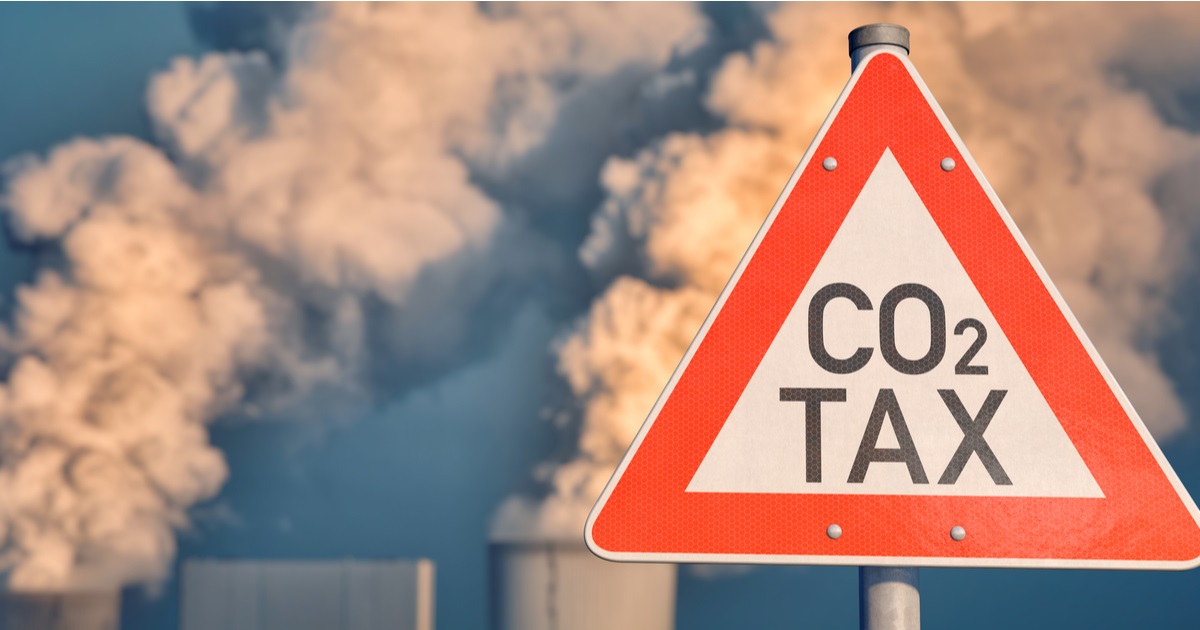
News Global Market Carbon prices 2115 01 June 2025
ICE launches first CO2 futures in the upcoming ETS2
Carbon prices in the EU in May were characterized by volatility amid fluctuations in gas prices and global trade news, which ultimately led to an increase in CO2 prices from €67.0/t to €71.6/t. In the second half of the month, the market was influenced by the announcement of the upcoming merger of the European and British ETS.
At the beginning of the month, the EUA contract for December 2025, according to ICE, was trading at €67/t, while on May 15, the price was already €73.4/t. At the same time, the price of carbon in the UK fell to a two-week low in mid-May ahead of the EU summit.
On May 19-23, carbon prices in Europe and the UK rose as the parties agreed to work on unifying their carbon markets, but this had a short-term effect. While on May 19, the EUA contract for December 2025, according to ICE, was trading at €70.42/t, the next day it was €73.18/t. By the end of trading on May 23, the price fell to €71.56/t amid US President Donald Trump’s announcement of plans to impose a 50% tariff on imports from the EU starting June 1. This news coincided with a negative sentiment in the commodity and energy markets.
At the end of May (May 29), the EUA contract for December 2025 was trading at €70.94/t.
Emission allowances in the UKA on May 19 (contract for December 2025) were traded at £52.43/t, and the next day the price rose to £55/t (+5%), but then it gradually fell. S&P Global analysts expect carbon prices in the UK to decline in June and stabilize at around £50/t in the third quarter of this year.
On May 6 this year, ICE launched futures contracts for the future EU emissions trading system for buildings and road transport – ETS2. The first futures were traded in small quantities at €73.57/t, slightly higher than the target price. This mechanism is expected to come into effect in 2027 and significantly expand the scope of the EU ETS. In July, trading in ETS2 futures will also start on the European Energy Exchange (EEX).
As GMK Center reported earlier, on May 19, the UK and the EU pledged to work towards unifying their emissions trading systems (ETS). This agreement was reached as part of a broader agreement between the parties that resets relations after Brexit. In general, the ETS agreement will aim to enable reciprocal exemption of goods originating in the two jurisdictions from CBAM obligations in the EU and the UK, and should cover sectors such as electricity generation, industrial heat production, industry, maritime transport, and aviation.




